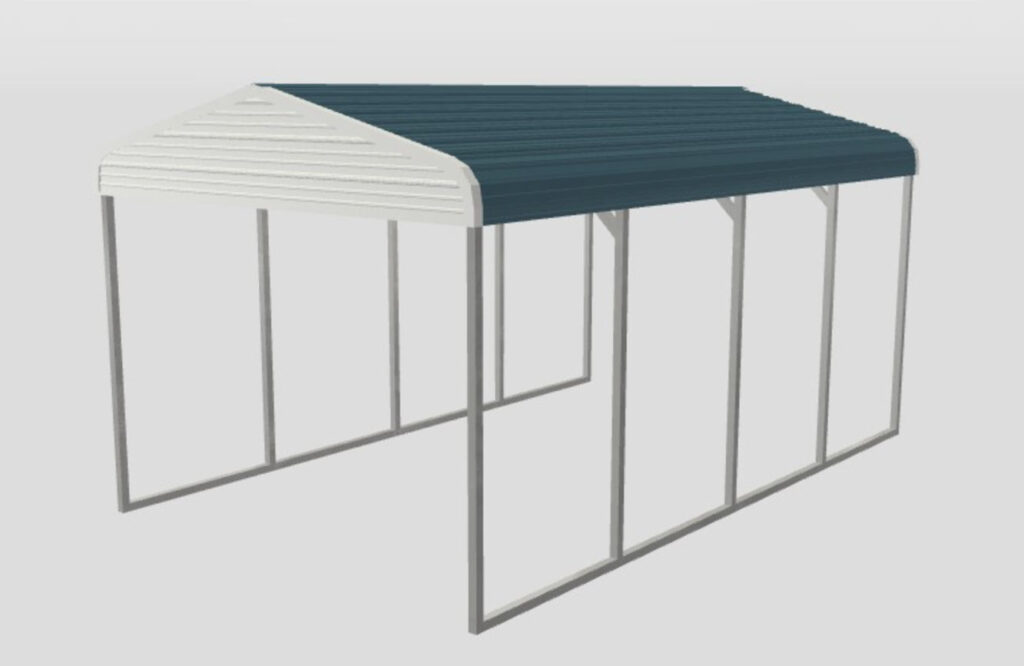
Constructing a metal carport is a process that, while straightforward, requires careful planning and execution to ensure a durable and functional structure. Whether you’re looking to protect your vehicle from the elements or add extra storage space, understanding the steps involved in building a metal carport can help you prepare for the project.
Planning and Permits
The first step in constructing a metal carport is planning. This includes deciding on the size, design, and location of your carport. It’s important to consider the purpose of the carport—whether it’s for one vehicle, multiple vehicles, or even additional storage. Once you have a clear plan, you’ll need to check local building codes and regulations. In many areas, obtaining a permit is required before construction can begin. This ensures that your carport will meet all safety standards and zoning requirements.
Site Preparation
After planning and securing any necessary permits, the next step is site preparation. This involves clearing the area where the carport will be built, removing any debris, and leveling the ground. A flat, stable surface is essential for the structural integrity of the carport. Depending on the soil and climate, you might also need to install a concrete foundation or footings to anchor the carport securely.
Framing and Assembly
With the site prepared, the actual construction begins. The metal frame, typically made of steel or aluminum, is assembled first. This frame forms the skeleton of the carport and provides the support for the roof. The components are usually pre-cut and pre-drilled, making assembly relatively quick. The frame is erected by securing the posts to the ground or foundation, followed by attaching the horizontal beams and roof supports.
Roof Installation
Once the frame is up, the roof panels are installed. Metal carports usually feature a sloped or flat roof made from durable, weather-resistant materials like galvanized steel or aluminum. The roof panels are secured to the frame, ensuring that the structure can withstand wind, rain, and snow. The choice of roof style—whether it’s gable, flat, or lean-to—depends on your aesthetic preference and functional needs.
Final Adjustments and Inspection
The final step in the construction of a metal carport involves making any necessary adjustments and conducting a thorough inspection. This includes checking the stability of the structure, ensuring all bolts and screws are tightened, and verifying that the roof is securely attached. It’s also important to inspect the carport for any potential issues, such as uneven surfaces or gaps that could allow water to seep in.
Conclusion
Building a metal carport is a well-organized process that, when done correctly, results in a durable, long-lasting structure. From planning and site preparation to framing and roof installation, each step is crucial to ensuring your carport provides the protection and utility you need. Whether you’re a DIY enthusiast or hiring professionals, understanding what happens during the construction can help you better appreciate the effort involved and ensure a successful project.
